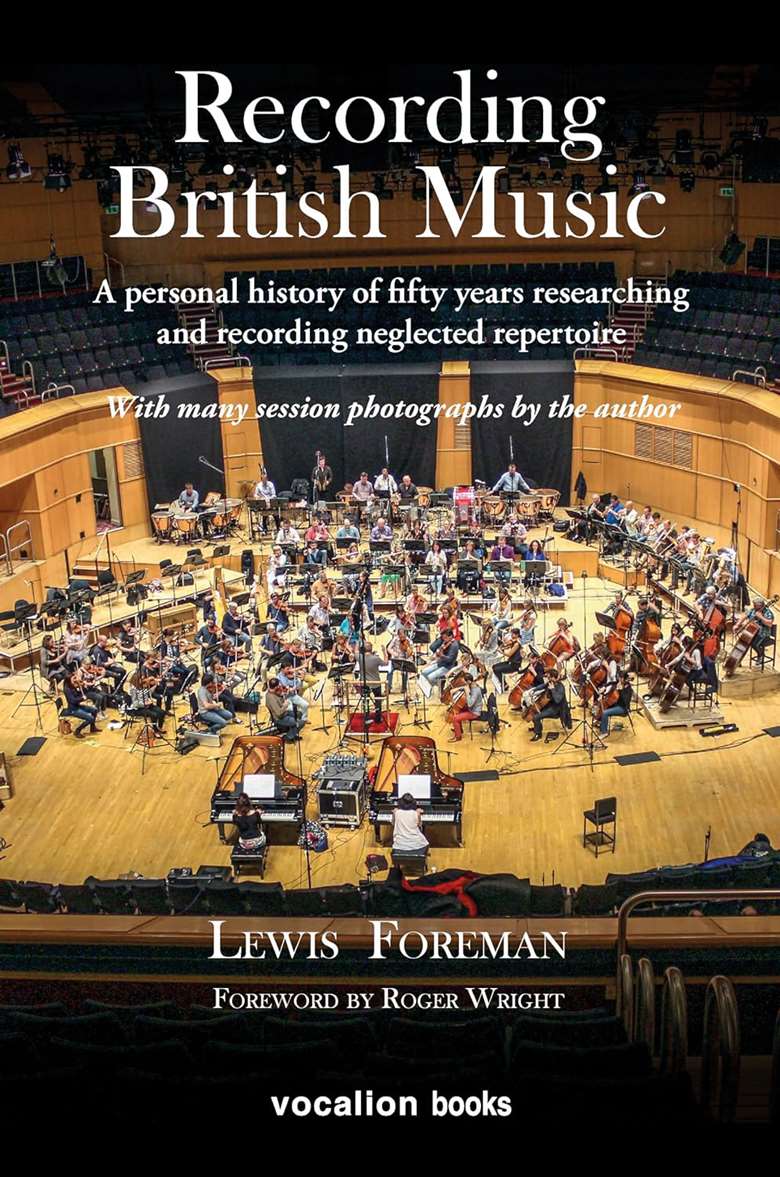Book review - Recording British Music, by Lewis Foreman
Nigel Simeone
Friday, July 12, 2024
This book deserves to be snapped up by any lover of British music – and its renaissance that Foreman himself has done so much to energise

Register now to continue reading
Thanks for exploring the Gramophone website. Sign up for a free account today to enjoy the following benefits:
- Free access to 3 subscriber-only articles per month
- Unlimited access to our news, podcasts and awards pages
- Free weekly email newsletter










